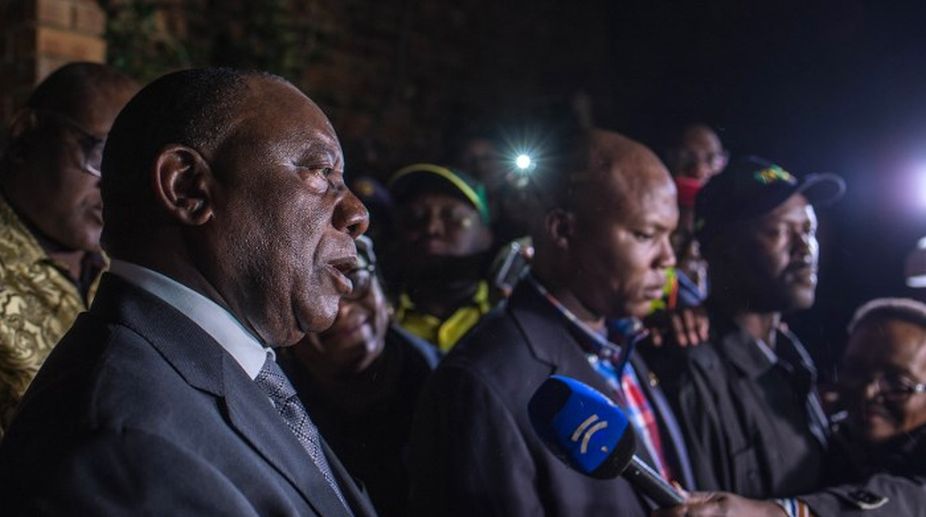In course of her long and heroic struggle against apartheid, Winnie Mandela was greeted with adulation and loathing in almost equal measure. Her passing on Monday, therefore, affords an opportunity for South Africa to reflect on whether the ruling African National Congress has done enough in government ~ since 1994 ~ towards honouring the sacrifices made by the liberation fighters of the anti-apartheid generation.
Pre-eminently, as wife of Nelson Mandela she was forthright in her criticism of the truth and reconciliation process as, in her reckoning, neither could bring about “true reconciliation”.
Advertisement
She had played a historical role in mobilising youth against the apartheid system, indeed the revolting discrimination between man and man… based on the colour of the skin.
But it is the tragedy of the Mandelas and of South Africa in the wider perspective that Winnie had to countenance both enemies and critics within the security forces.
Thus it was that she was on occasion the victim of torture and other forms of violence. And yet she was ever so committed to end the system even in the midst of the bitter controversy around the disappearance of one of the youths who belonged to the Mandela Football Club that Winnie controlled. It was often said during her heyday that she had “crossed too many lines”.
When the Truth and Reconciliation Commission began its work in the aftermath of the peaceful transition, Winnie had stoutly condemned the process as “incapable of bringing true reconciliation”.
Not the one who would accept a halfway-house, she was critical of the post-apartheid dispensation as being what she described as “too conciliatory”, indeed a regime that lacked a sense of justice.
In a sense, she was remarkably ruthless, specifically against forgiving certain of the crimes committed by the apartheid regime. Markedly, she wasn’t delusory and had often doubted the manner in which the African National Congress (ANC) would lead a fragmented society and run the country.
She had articulated her perception that the ANC had relinquished its historical mandate to secure a “full revolution in South Africa by being too conciliatory”.
Far from being a moderate, she was radical in her assessment of the post-apartheid era. A firm believer in “transformation” and what it ought to entail in the context of South Africa, she was ever so anxious to ensure that blacks could hope for a new dispensation worth its salt.
She became a mite isolated from the ANC during Jacob Zuma’s presidency. Which explains why she was increasingly robust while expressing her belief that the ANC was pursuing the wrong course of action, most particularly on the issue of corruption.
It has been acknowledged nonetheless that hers’ was the “voice of reason in the country and within the ANC”. Her place is assured when the history of the ANC-led liberation movement is reconstructed.











